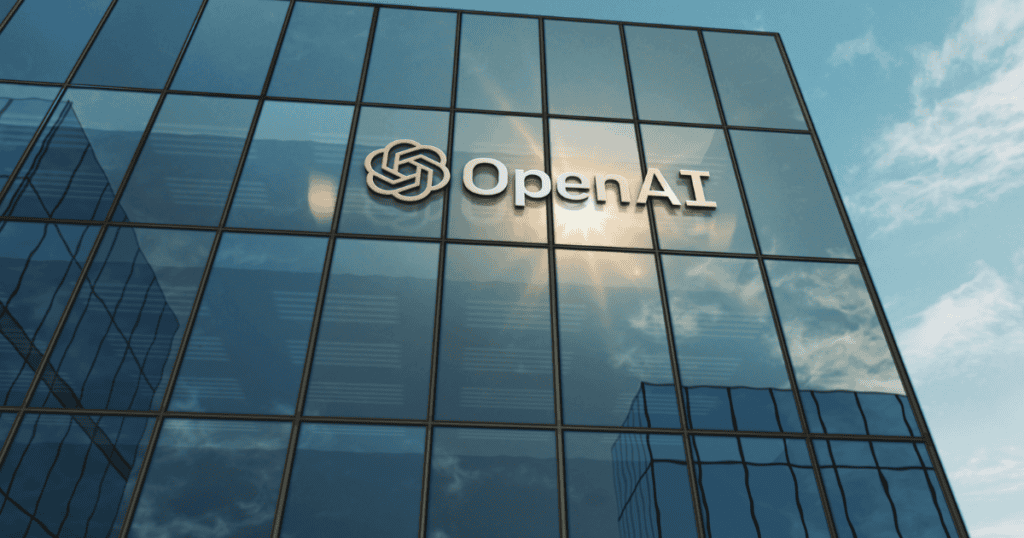As you explore the ethical boundaries of DeepSeek, you’ll quickly uncover a landscape fraught with concerns. The platform’s data practices raise serious privacy issues, and the potential for misuse looms large. How can you ensure your rights are protected in a system that might favor exploitation? The answers are complex and demand further scrutiny. What might the implications be for you and society at large?
The Ethical Dilemmas Surrounding DeepSeek
As the landscape of AI technology shifts with the arrival of DeepSeek, you might find yourself grappling with the ethical dilemmas it presents.
The extensive data collection practices raise significant ethical concerns about data privacy and the potential misuse of personal information. You may worry about how your data could be exploited, particularly if government regulations force compliance.
The algorithmic bias inherent in such systems might further undermine individual rights, creating disparities that favor authorities and corporations over users like you.
This normalization of invasive data practices can lead to surveillance and censorship, complicating the moral landscape.
As DeepSeek integrates into society, the urgency for robust frameworks that protect your rights and promote ethical governance becomes increasingly clear.
Privacy Concerns in the Age of AI
While navigating the complexities of AI technology, you might find yourself increasingly concerned about privacy issues that arise from extensive data collection.
The ethical implications of AI platforms like DeepSeek heighten these privacy concerns, especially when user inputs and behavioral insights are at stake. Data stored in jurisdictions with lax privacy regulations raises alarms about potential government access and misuse of sensitive information.
Vague data retention policies can lead to unauthorized usage, amplifying fears about surveillance and censorship. As invasive data collection practices become normalized, your autonomy may feel compromised, pushing you to comply with regulations that prioritize data extraction over your rights.
Establishing international standards is crucial to safeguard individual rights and ensure responsible AI governance.
The Potential for Surveillance and Exploitation
The potential for surveillance and exploitation looms large as DeepSeek’s data collection practices become increasingly scrutinized.
With vague data retention policies, your personal information is at risk, raising alarms about government surveillance and misuse.
The normalization of invasive data practices reflects a troubling trend toward surveillance capitalism, where privacy rights erode in the name of profit.
Censorship of sensitive topics further complicates the ethical implications of DeepSeek’s operations, as it threatens freedom of expression and manipulates information access.
You might find yourself questioning how your data is used and who benefits from it.
Ensuring robust ethical frameworks is crucial for protecting user autonomy and preventing exploitation by powerful entities in this rapidly evolving digital landscape.
Unequal Power Dynamics in Data Utilization
When individuals engage with AI platforms like DeepSeek, they often find themselves at a disadvantage in the data utilization landscape.
The unequal power dynamics between users and corporations can lead to significant ethical concerns. You mightn’t fully understand how your data is collected and used, leaving you vulnerable to invasive surveillance practices. This lack of transparency compromises your privacy, making it easier for companies to manipulate personal information.
Vulnerable populations face even greater risks, as biased algorithms can disproportionately affect them. The normalization of extensive data collection creates an environment where individual rights are overshadowed by corporate interests, intensifying the ethical implications of data utilization in today’s digital world.
Legal Implications and Compliance Challenges
As AI technology evolves, navigating the legal landscape becomes increasingly challenging for companies like DeepSeek.
You’ll face significant legal implications surrounding intellectual property rights, particularly with distillation techniques that might infringe on proprietary technologies.
Compliance challenges arise when your data handling practices don’t align with national security regulations, risking legal repercussions.
Additionally, the lack of transparency and accountability in AI training processes complicates your ability to defend against copyright infringement claims.
Adhering to international data protection regulations is critical, as non-compliance could hinder your market access and result in severe penalties.
Ultimately, understanding these legal landscapes is vital to operate ethically and responsibly within the AI industry.
The Role of User Consent and Agency
Understanding the role of user consent and agency is essential in ethical AI practices, especially as data collection becomes more pervasive.
User consent serves as a fundamental principle, requiring you to give clear permission before your personal information is used. Your agency emphasizes your control over data, allowing you to make informed choices about its use.
Informed consent means you’re fully aware of how your data will be collected, stored, and shared, along with the implications of such actions. Ethical frameworks for AI development highlight the importance of maintaining your autonomy and preventing coercion in data-sharing agreements.
Moreover, transparency in data practices is crucial; without it, trust erodes, making it imperative for organizations to establish clear and accessible consent mechanisms.
Establishing Robust Ethical Frameworks for AI
User consent and agency lay the groundwork for the need to establish robust ethical frameworks for AI. To ensure AI ethics are upheld, you must prioritize transparency, accountability, and user rights in data collection and processing.
Developing ethical standards is crucial to prevent algorithmic bias and discrimination. Collaborative efforts among governments, tech companies, and academia can tackle the complex legal concerns surrounding AI technologies.
By emphasizing user autonomy and data ownership, you help combat invasive practices that erode privacy. Moreover, international cooperation is essential to create industry-wide standards that protect individual rights while promoting responsible innovation.
This approach ensures that AI technologies benefit humanity, aligning advancements with ethical principles that foster trust and safety.
MacReview Verdict
As we navigate the complexities of DeepSeek, it’s crucial to recognize the ethical dilemmas at play. You need to stay informed about privacy concerns and the potential for misuse. By advocating for stronger ethical frameworks and demanding transparency, you can help ensure that AI technologies serve everyone fairly. Remember, your voice matters in shaping the future of AI and protecting individual rights against exploitation and surveillance. Let’s work together to create a responsible digital landscape.




